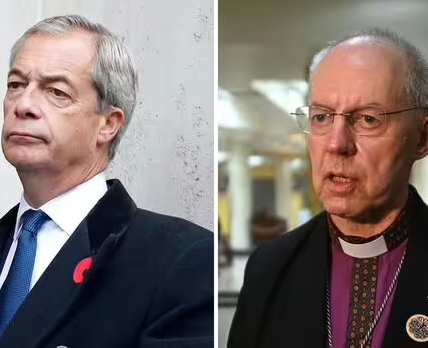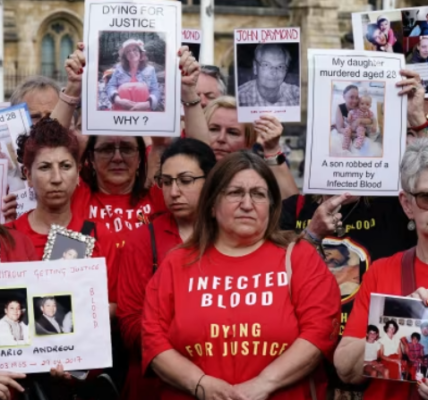While honours system provides a small summary explaining an award, no such citation is published when someone enters the House of Lords

New peerages will have a justification published alongside each appointment under plans being considered by Labour after a string of recent controversies.
The Telegraph understands one idea being looked at is to produce an explanation why a new peerage has been awarded, as is done with honours such as CBEs and MBEs.
Another is for the full reason for the decision, which is drawn up behind closed doors during the consideration process, to be published.
The changes are being pursued in the hope that more public confidence could be generated over the creation of new peers following recent critical debate about appointments.
When honours are awarded a small summary is given of the individual benefitting and the reason they have been selected, such as “services to charity” or “services to people”.

No such approach is taken when peerages, which are made by the prime minister but vetted by a parliamentary committee, are announced to the nation.
Under the Conservatives a string of major donors were elevated to the House of Lords, prompting questions about the appropriateness of such appointments.
Tory prime ministers also repeatedly put members of their inner circle in the upper chamber, from where they can help rewrite and pass laws for the rest of their lives.
Boris Johnson sparked controversy by using his resignation honours list to hand peerages in 2022 to two young aides: Ross Kempsell, then 30, and Charlotte Owen, who became the youngest ever life peer, at 29.

Sir Keir Starmer has expressed support for abolishing the House of Lords in the long term, but the position did not make it into Labour’s manifesto for the July general election.
The Prime Minister has previously described the second chamber as “undemocratic” and “indefensible”.
No movement is being pursued publicly by ministers towards total abolition, which is sometimes talked about by government figures as a “second term” ambition.
New Labour peers
Baroness Smith, the leader of the House of Lords, has been tasked with wider reforms of the upper chamber, with new legislation to abolish hereditary peers – who inherit their titles – in her hands.
She is one of the few current Cabinet ministers to have continuously served in the Labour frontbench for most of the last decade, having been shadow Lords leader since 2015.
Before that, she served as a government minister in the New Labour years and spent a period as Gordon Brown’s parliamentary private secretary when he was prime minister.
It is unclear exactly when any change in approach involving citations could be adopted. It may not be in place for the appointment of new Labour peers which is expected in the coming months.




